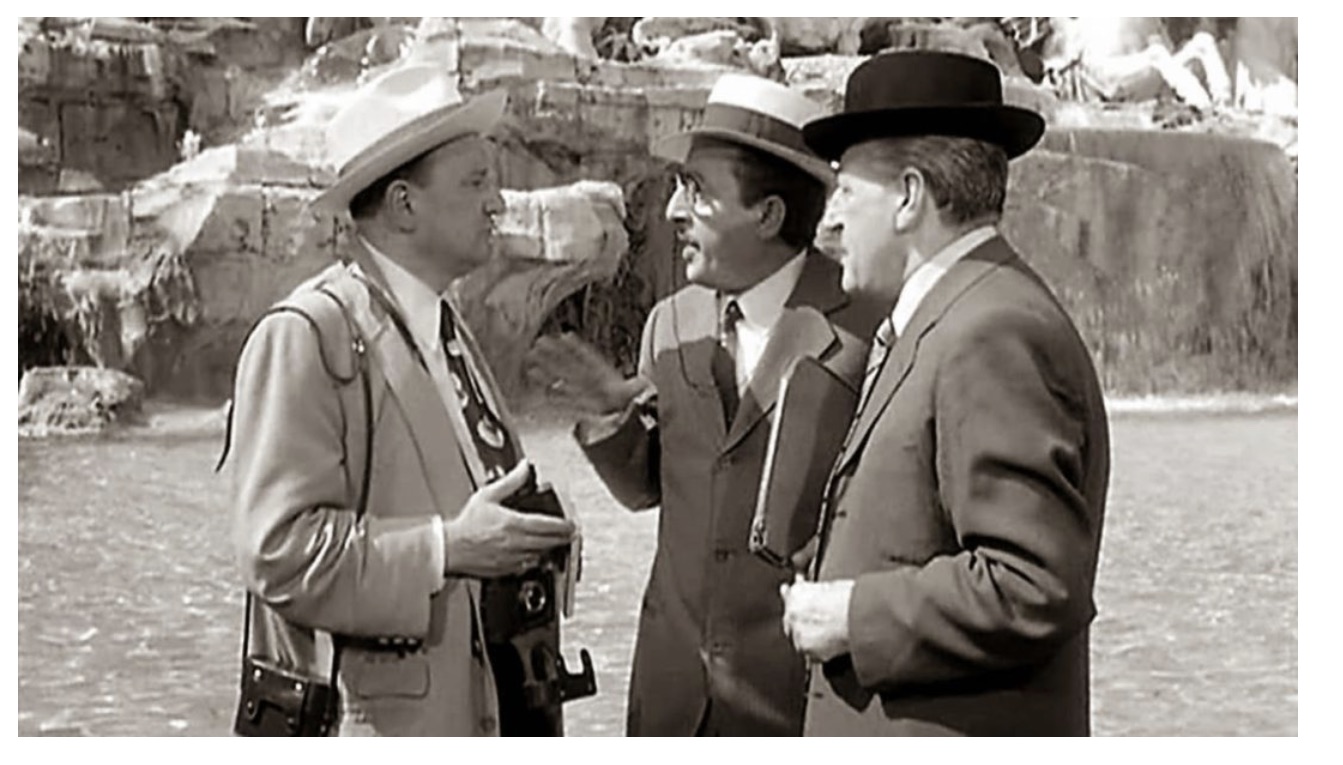Italians, good people?

The Notepad of Michael the Great
One of the most brilliant and witty definitions of betrayal is certainly that of Charles-Maurice de Talleyrand: “La trahison n'est qu'une question de temps”. “When he does not conspire, Talleyrand intrigues”, said François-René de Chateaubriand. In fact, the chameleon prince of Benevento had passed unscathed – and always in prestigious positions – from the Ancient Regime to the Revolution, from the Directory to the Consulate, from Napoleon to the Restoration of Louis XVIII, and then to the July monarchy. Today on the Italian scene there are no personalities of the caliber of the "sorcerer of diplomacy", as Talleyrand was called. On the other hand, there is no shortage of magicians of transformation. After all, we are still the country of Machiavelli and Guicciardini, of Depretis and Fregoli, of 25 July 1943 and of Badoglio, of the forgetful former communists and uncensored former fascists. In short, Italians are good people.
****
Selecting an elective staff that only takes care of the general interest is “mission impossible” (or almost) in a democracy. Gaetano Mosca, a well-rounded conservative, had understood this. For the father of modern political science, voters do not reward the most honest and the most capable, but the most ready to support them. In this sense, scandal has always been a good fuel for journalists and business owners of the dossier used to destroy political opponents.
Of course, a policy that respects legality is a necessary and good thing. But the roots of bad politics lie not only in politics itself, as if Italian society were an uncontaminated oasis of civic virtues. We have known for a long time: the violation of the rules is not only widely admitted, but it is a lubricant of its functioning. On the other hand, who has never double-parked or has forgotten to ask the plumber for an invoice? A piece of the economy only thrives in this way.
You can raise "the moral cost of immorality" (ethical codes of parties, companies, public administrations) as much as you want, but nothing can replace the binding force of law: well-made laws, quick trials, certainty of punishment, efficient investigative judiciary , law enforcement agencies with adequate means. In short, there is no need for extraordinary powers against corruption. Ordinary powers need to be exercised with extraordinary rigor. Everything else is boring.
****
"The secret ballot is the refuge of the weak, of the characterless, of the undisciplined interiors who make conformists without dignity on the outside … A self-respecting democracy does not allow secret votes except for personal matters" (Luigi Sturzo, "Pensieri liberali ", Armando publisher, 2000). Taking a cost-benefit analysis, the recourse to secret ballot for the Zan bill was not a brilliant move. However, I am convinced that the real Italian anomaly is constituted by the abuse of the secret vote, rather than the vote of confidence. Of course, the phenomenon of "snipers" has always existed. Except that it has changed its nature. From an expression of small personal vendettas, it has become a weapon to wreck majorities and government projects.
Here we are discussing that courage to publicly express one's opinion which confers nobility on politics: “[…] I do not want to enter into the merits of the admissibility or otherwise of this means of voting in the Chamber. However, I am repelled by the fact that no less than in the constitutional text refers to this particular voting system, of which two things can be said: on the one hand it tends to encourage less vigorous deputies to affirm their ideas and on the other tends to to remove the deputies from the necessary assumption of responsibility in front of the electoral body, for what they supported and decided in the exercise of their mandate "(Aldo Moro, Constituent Assembly, session of 14 October 1947).
****
It is thanks to Hannah Arendt, beyond some forcing present in her theses, the reading of twentieth-century totalitarianism or as an absolutely new political form different from the other historically known forms (despotism, tyranny, dictatorship, absolutism, autocracy). The essence of this new and different political form for the German philosopher was terror, and its principle of action was in ideological thinking. In fact, totalitarian ideology claims to explain the course of history with great certainty: the secrets of the past, the tangle of the present, the ways of the future: "The fact remains – Arendt wrote prophetically – that the crisis of our time and the his central experience have brought to light an entirely new form of government which, as potentiality and constant danger, will probably remain at our ribs for the future ”(“ The origins of totalitarianism ”, 1951).
Totalitarianism comes from "totality", and therefore expresses something that embraces and pervades everything. It took Europe and the United States quite some time to understand the true nature of Hitler's expansionism and hegemonism. Are they making the same mistake with Islamist fundamentalism? Just think of Saudi Arabia, home of the Salafist-Wahhabi extremism, which continues to enjoy a sort of diplomatic immunity in Washington and in the European chancelleries. But what moves the foreign fighters and jihadist militants who live in the suburbs of our cities is not just religious fanaticism – especially in the rewarding version of the "martyrs' paradise" – but an all-encompassing ideology. Radical Islam appears to them as the only revolutionary utopia capable of giving identity, of opposing a culture that they despise and of subverting social realities by which they feel they are despised.
This is a machine translation from Italian language of a post published on Start Magazine at the URL https://www.startmag.it/mondo/italiani-brava-gente/ on Sat, 20 Nov 2021 06:27:52 +0000.
